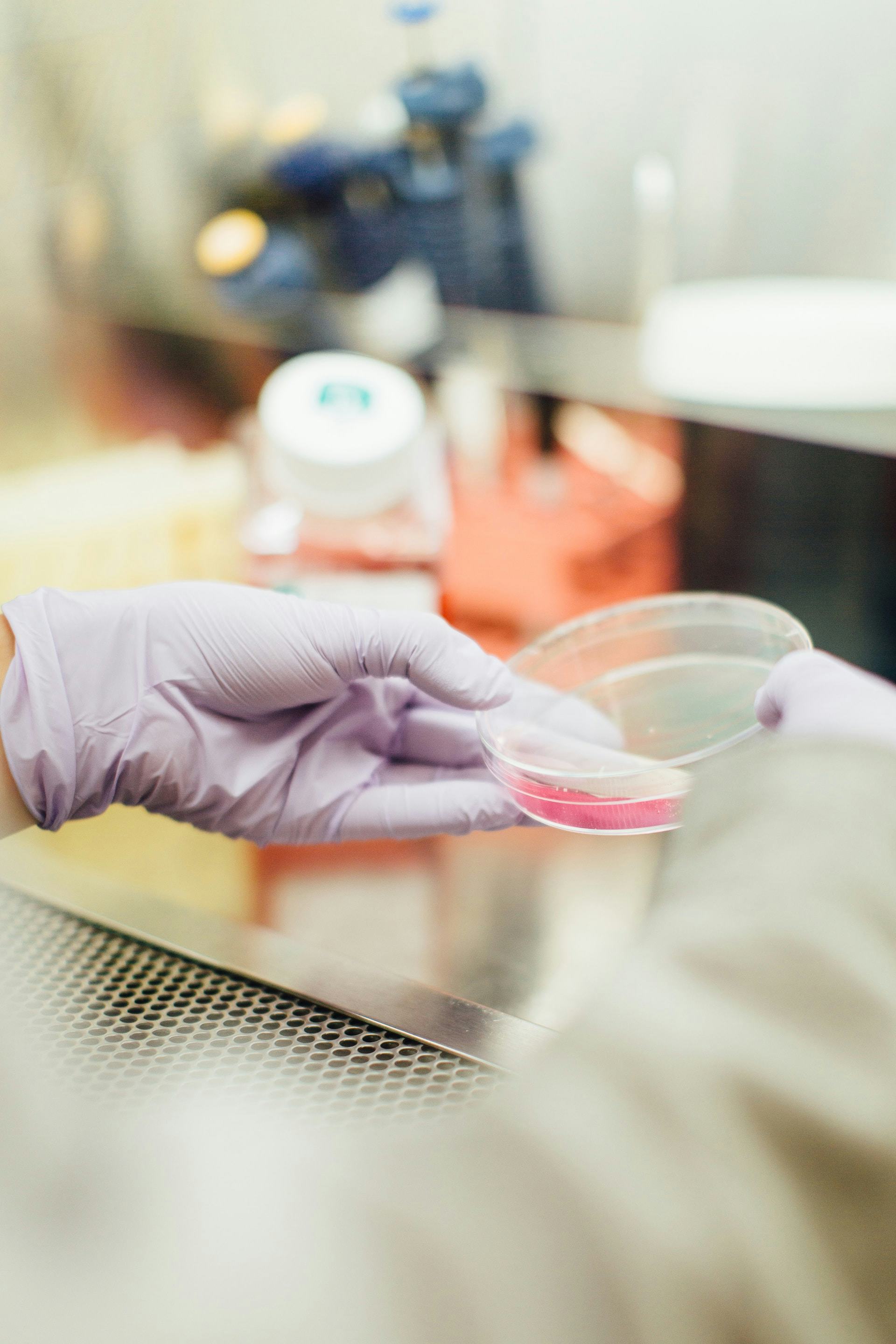Revolutionize Your Pharma Operations with Generative AI
Generative AI is a cutting-edge technology that uses advanced algorithms and machine learning techniques to generate new ideas, designs, and solutions. Unlike traditional AI, which is focused on data analysis and prediction, Generative AI can generate novel solutions to complex problems.
In the pharma industry, Generative AI has the potential to transform every aspect of the value chain, from research and development to commercialization and beyond.

Rising R&D costs: The cost of research and development (R&D) in the pharmaceutical industry is increasing. This includes the expenses associated with drug discovery, clinical trials, and regulatory approvals.
Increasing regulatory requirements: Regulatory bodies, such as the FDA, are imposing stricter regulations on pharmaceutical companies. Meeting these requirements adds complexity and time to the drug development process.
Growing demand for new and innovative treatments: There is a growing demand for new and innovative treatments in the pharmaceutical industry. Patients and healthcare providers are seeking therapies that can improve patient outcomes, cure previously incurable diseases, or manage chronic conditions more effectively.
Identify new drug candidates, incl. drug-drug interactions, faster and more accurately than traditional methods. By generating new molecular structures and predicting their properties and potential interactions, Generative AI can identify promising drug candidates that would have been missed using traditional approaches.

Optimize the design, recruitment, execution, and analysis of clinical trials, by increased automatization e.g. protocols and generating simulations and predicting outcomes. This can help optimization of trial & data management and reduce the time and cost of bringing new drugs and devices to market, while improving the quality and accuracy of the results.

Automate adverse event management, analyze side effect trends, and monitor drug safety in real-time. This reduces the time and effort required to report and manage adverse events, while providing insights into potential safety risks and reducing the risk of adverse events.

Generative AI can help streamline the process of detecting, analyzing, and reporting Adverse events (AEs). It can identify potential AEs from unstructured data sources such as social media, patient forums, and electronic health records by analyzing patterns and trends in the data. This helps to identify AEs early and take appropriate actions to mitigate their impact. Once reported, Generative AI can automate the process of analyzing AEs from structured data such as patient demographics, medical history, and drug information.
This helps to identify risk factors for AEs and provide recommendations for treatment or further investigation. Finally, Generative AI can streamline the process of reporting AEs to regulatory agencies by automating the process of filling out AE reports, ensuring compliance with reporting requirements and maintaining good relationships with regulatory agencies.
Generative AI can help in clinical development. The process before and after actual trials are time consuming, costly and a potential barrier for companies to be first in the market. Generative AI can increase efficiency and reduce the time of clinical development through automated trial design, protocol generation and report filling.
By analyzing data on previous trial setups, protocols, reports, molecule structure & property and disease etiology, Generative AI can help pharma companies design clinical trials, identify participant profiles and autogenerate protocols. This can help reduce time to market, costs and improve operation excellence in clinical trials.
Generative AI can help in the development of new treatments for rare diseases. Rare diseases affect millions of people worldwide, but the pharmaceutical industry often neglects them due to the high cost of development and limited patient populations.
Generative AI can help address this problem by generating new drug candidates that are optimized for the specific genetic mutations that cause rare diseases. By predicting the efficacy and safety of these drugs, Generative AI can help accelerate the development of new treatments and improve the lives of patients with rare diseases.
Interested in learning more about how Generative AI can revolutionize your pharma operations?